8. Sherlock Holmes (2009)
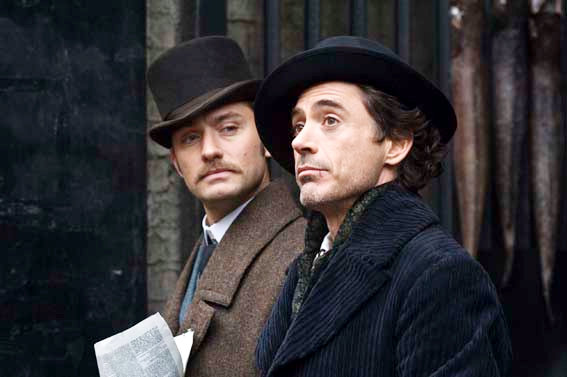
The score for Guy Ritchie’s “Sherlock Holmes” may very well be Zimmer’s greatest triumph of instrumentalization, making expert use of an amalgamation of instruments rarely used in film music, like banjo and cimbalons, with more traditional ones like violin and piano.
But even those are used in a completely unique way: to achieve the “quirky” sound he was looking for, the composer and his team specifically sought out a broken piano that would evoke the old pub-like vibe of the movie’s tone and era – and not only that, he also picked squeaky and slightly out-of-tune violins to add to that musical texture.
The result is marvelous, unlike anything else he (or any other mainstream Hollywood composer, for that matter) has ever done, featuring plenty of uniquely entertaining cues (like “I Never Woke Up in Handcuffs Before”) and one of his very best character themes, for Sherlock himself.
7. Dunkirk (2017)
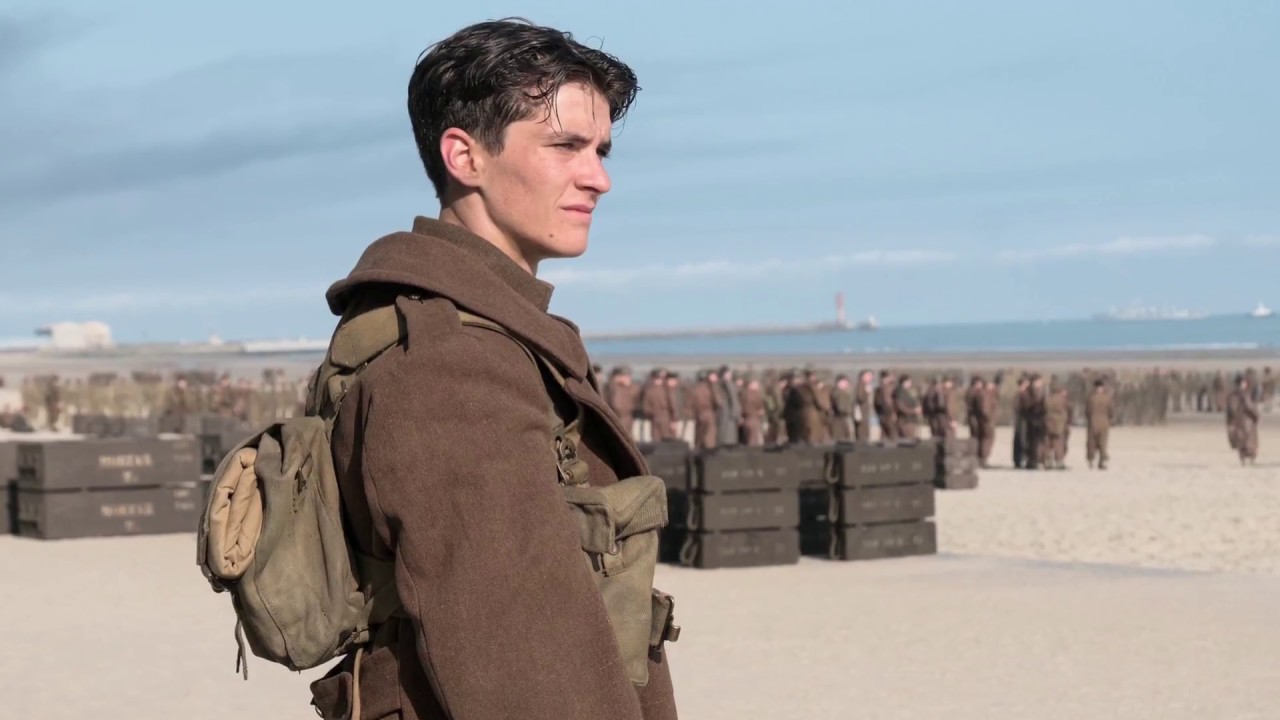
Hans Zimmer’s partnership with Christopher Nolan has yielded nothing but exceptional music, resulting in some of the composer’s most famous and popular albums. Their latest, “Dunkirk,” is the culmination of more than a decade’s worth of creative symbioses between the two, one that finds the director more reliant than ever on Zimmer as basically a co-storyteller.
After all, it cannot be overstated how much of the movie’s propulsive power is derived directly from the score’s methodical use of patterns and motifs, most famously the unnerving ticking clock sound that echoes through the whole thing. In fact, the “Dunkirk” score is, if not the very best, the most complex and technically accomplished of all Zimmer’s work: it’s practically impossible for anyone not very well versed in musical theory to fully comprehend the layers of his craft here, from the way he employs the Shepard tone to create suspense by rising the musical pitch through octave changes, to the ingenious use of three different musical scales to mirror the film’s split timeline.
One can only imagine it’s a music nerd’s heaven, but most importantly it’s also a perfect marriage of film and music, one complementing the other in ways that have rarely been achieved in cinema.
6. Gladiator (2000)
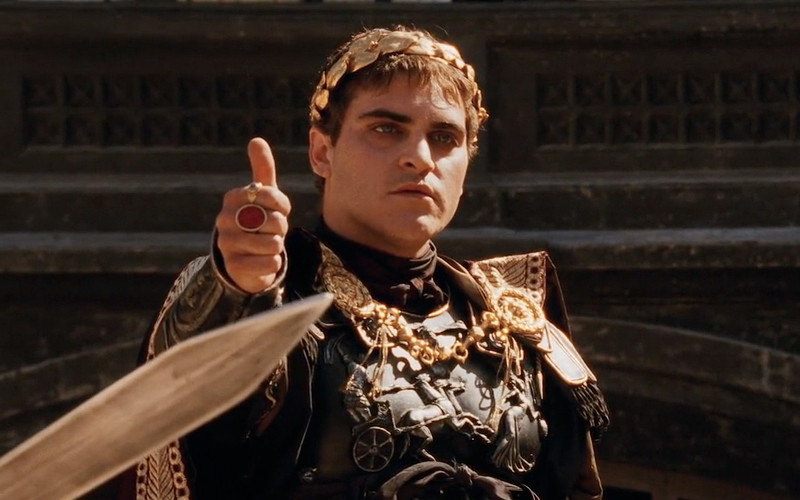
Despite being one of the best and most influential scores of the 2000s, Zimmer’s musical ideas for “Gladiator” have since become so commonplace that the brilliance of the original can feel, now, almost cliche and generic.
But that’s often the fate of trendsetters, to be remembered more as a precursor of things to come rather than a complete work of art in and of itself. So, while it is true that dozens and dozens of movies ripped off Zimmer and Lisa Gerrard’s female chanting to an increasingly more maddening effect, the way it’s employed in this film is still phenomenal: not only a smart atmospheric contrast to the overall masculine tone of the narrative (Zimmer has said many times his idea behind this was to give the movie a much-needed female presence) but also a huge thematic element, since that evocative voice becomes a musical representation of Maximus’ longing for his wife.
But beyond that now iconic (and infamous) Gerrard singing, the score for “Gladiator” is Zimmer, to put it in scientific terms, in beast mode, highlighting to perfection every emotional beat in Ridley Scott’s lavish set pieces – and “The Battle” might just be his very best action cue to date.
5. Interstellar (2014)
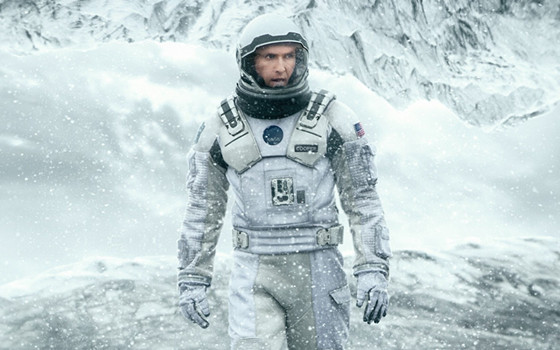
As stated before, Zimmer’s career is one of gargantuan proportions; more than 200 projects as a composer (not to mention the hundreds more in he acted as soundtrack producer) in 30-plus years of work. So it’s only natural that he often repeats himself; you can tell (or, rather, hear) when he’s not very interested in getting out of his comfort zone, which leads to some of his lesser scores being almost indistinguishable from one another.
“Interstellar” is what happens when a veteran and an immensely talented artist decides to challenge himself. Zimmer has said many times he and Christopher Nolan, tired of being imitated ad nauseam from their previous efforts, sat down at the beginning of production and made a list of everything they had done before, precisely to avoid repetition and open new creative paths. That was the perfect excuse for Zimmer to indulge in experimentalism with a large budget and, as per Nolan’s own suggestion, the composer found in a church organ the perfect vessel for his surprisingly spiritual compositions.
While Nolan is usually a rigorously cold filmmaker, “Interstellar” is his most emotional film. And though the movie itself sometimes deals with that clunkily through dialogue, the music effortlessly evokes the raw feeling and transcendental nature that the director is trying to achieve. “Mountains” and “No Time for Caution” (aka the docking scene music) are some of the loudest but also most sublime cues you’ll ever listen to.
4. Pirates of the Caribbean: Dead Man’s Chest (2006)
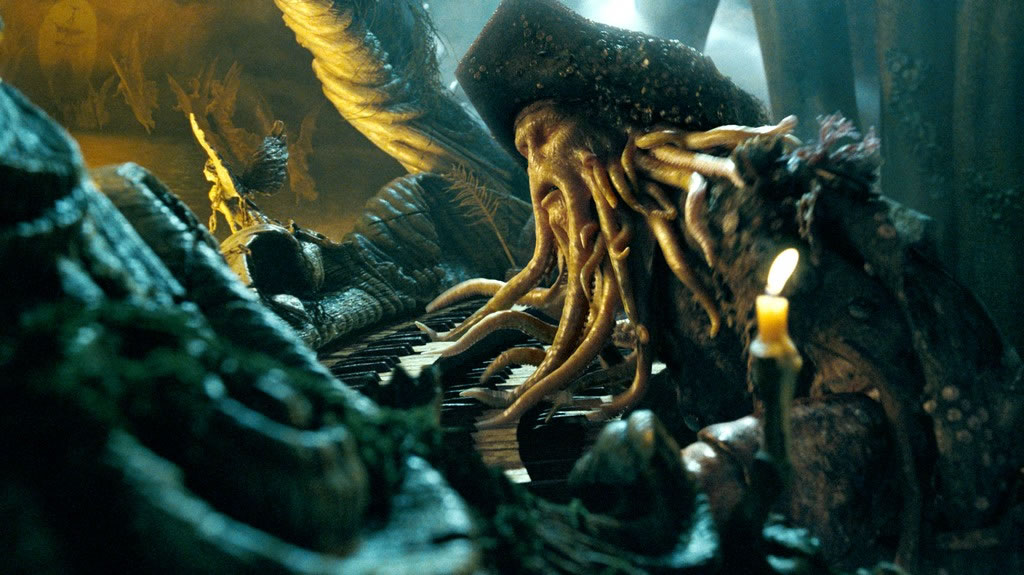
Though he is not officially credited as the composer in the original “Pirates of the Caribbean” (being listed as producer on the score), the movie’s rousing main theme, as well as some other cues, are all unmistakably Zimmer (who allegedly moonlighted as the movie’s de facto composer while in contract to another studio).
Still, his name was only properly attached to the sequels and, of those, “Dead Man’s Chest” remains his crowning achievement in the franchise. Usually, a movie score is composed of a main theme, maybe some individual character motifs and then assorted cues for specific scenes. This album, however, is made up of almost exclusively themes – each more phenomenal than the next.
The piano and organ-based Davy Jones theme evokes both the character’s larger-than-life nature but also his inherent melancholy; “The Kraken” is a riveting orchestral and rock piece of action music; “Tia Dalma” is an eerie and mysterious composition that teases her mystical essence; even the city of Tortuga gets a brief but incredible and appropriately irreverent theme (titled “Two Hornpipes” in the soundtrack album).
But more than anything, it’s “Jack Sparrow,” the homonymous character’s theme, that carries this score to Olympic heights. It is, without any hyperbole, one of the best character themes of all time and the greatest Zimmer has ever created; an impeccable musical representation of Sparrow’s unique personality – initially irreverent and funny, with those almost drunk-sounding strings, but then rousingly heroic, portrayed by incredible brass instruments.
3. The Dark Knight (2008)
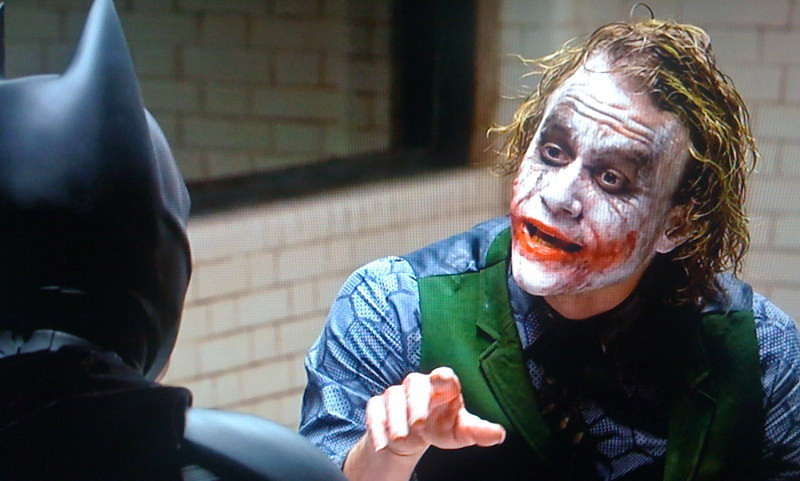
At this point, the ranking has become merely symbolic and necessary only for the purposes of the list, but really, any of these final five could’ve been number one. “The Dark Knight” is the platonic ideal of what a Hans Zimmer score should be: a flawless integration of orchestral music and electronic sounds (only Zimmer could make cellos and synthesisers sound so sublime together); electrifying, adrenaline-raising, and accessibly experimental; an unimpeachable musical representation of the movie’s tone and atmosphere.
By refusing to give Batman a hummable theme like Danny Elfman, Zimmer created a much more complex soundscape for Christopher Nolan’s cerebral take on the character, one that matches the intensity and darkness of this version of the caped crusader. Those now unmistakable strings and brass matched together are just about as perfect a musical identity as the character could ever have, without veering into generic “hero music.”
And then, of course, there’s the Joker theme. Movie music can become associated with certain scenes, images or even characters (think of the “Imperial March”), but this might be the only case in which a cue is uniquely tied into a performance. The “Why So Serious?” suite, played many different times throughout the movie, is an essential companion piece to Heath Ledger’s iconic performance because, like Ledger, Zimmer understood on a fundamental level Joker’s anarchic and inscrutable essence, resulting in one of the most unnerving main themes of all time. The performance and music are so tied together that Zimmer wanted to scrap the whole thing after Ledger’s passing but, thankfully for us, he changed his mind.
2. The Lion King (1994)

For a movie with one of the most iconic soundtracks of all time, Zimmer’s immense contributions to “The Lion King” can be, for the general public, sadly invisible.
For example, the general consensus now is that the film’s memorable songs are the work of Elton John and Tim Rice – and while they did write the music and lyrics, Zimmer, as the movie’s main composer, produced all of the tunes and his fingerprints are all over them, including the melody of “Circle of Life,” which comes back in some of the other cues in the score (and you can also thank him for the “Nants ingonyama bagithi baba” chanting in the beginning, since he was the one who found Lebo M).
Even aside from the songs, however, “The Lion King” is a profoundly moving musical work, the quintessential example of Zimmer taking an assignment that in anyone else’s hands would be a banal undertaking, and transforming it into a grandiose piece. The composer felt a very personal connection to the story since his father also died when he was a child and so, in his own words, he found himself using the score to create a requiem for his dad. No wonder, then, that the final piece feels like it belongs to a great epic tragedy rather than a children’s cartoon (like, say, “Hamlet”).
But while the score’s dramatic weight almost transcends the movie to which it belongs, it’s also inextricably tied to it, due to his meticulously researched African instrumentalization and musical elements that Zimmer employed here and that have since become so iconic. And, of course, to the millions who grew up watching the movie, those flutes and violins are as unforgettable as “Hakuna Matata.”
1. Inception (2010)
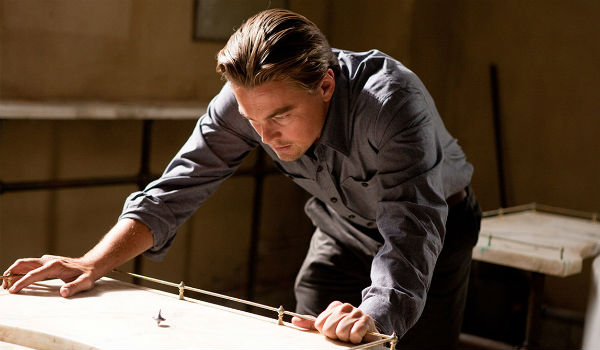
For better or worse, “Inception” is the definitive Hans Zimmer score. An instantaneously iconic score, for its own merit but also due to some unfortunate copycats, it features one of the most infamous sounds of 2010s cinema (you know the one) and, if Spotify stats and YouTube views are any indication, it also contains the single most popular cue the composer has ever created (“Time”). It is, in summary, the first thing that comes to many people’s minds when they hear the name Hans Zimmer, and will likely remain so for a long time.
Now it’s become impossible to talk about the score for “Inception” (or just the movie in general, really) without mentioning those infamous “bram” noises that initially got popularized in the movie’s spectacular trailer and then went on to become the default sound effect for seemingly every single trailer in Hollywood. But though the saturation has unfortunately besmirched its legacy, the score remains just as brilliant as the day it was released — including, yes, that brass fanfare, which, within the context of the movie, is not only musically justified but an essential narrative element — tied to use of “Non, Je Ne Regrette Rien” as a method to synch up different dream layers.
“Inception” is uniquely ambitious and rich in ideas for a mainstream blockbuster, and Zimmer follows suit: his trademark mixing of miscellaneous musical techniques is in full form, seamlessly merging brass bombast with heavily electronic compositions and even some Morricone-esque guitar twangs.
In a career full of influential music, this is the crown jewel.